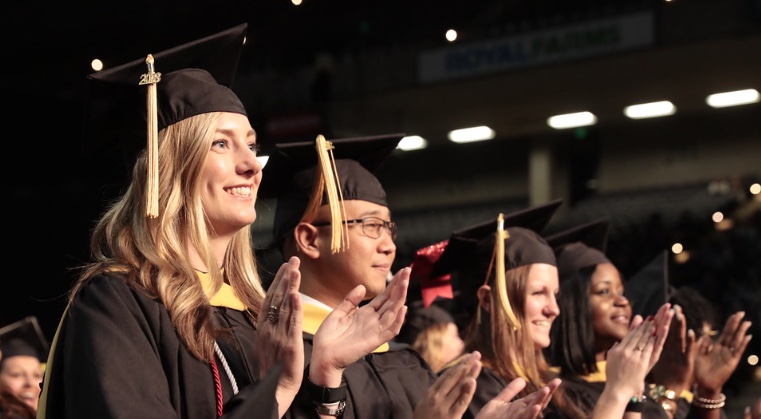The UMSSW program prepares future social work practitioners and leaders through a combination of coursework and supervised real-world experiences, with a strong focus on justice, equity, diversity, and inclusion. Our students work across the spectrum of social work with individuals, families, groups, organizations, communities, and society - and build on this strong foundation to practice at an advanced level of clinical and/or macro social work.

3 Campus Options. 1 University.

Campus Locations
Campus LocationsUMSSW MSW Programs are offered across 3 campus locations in Baltimore, Montgomery County, and Online.
